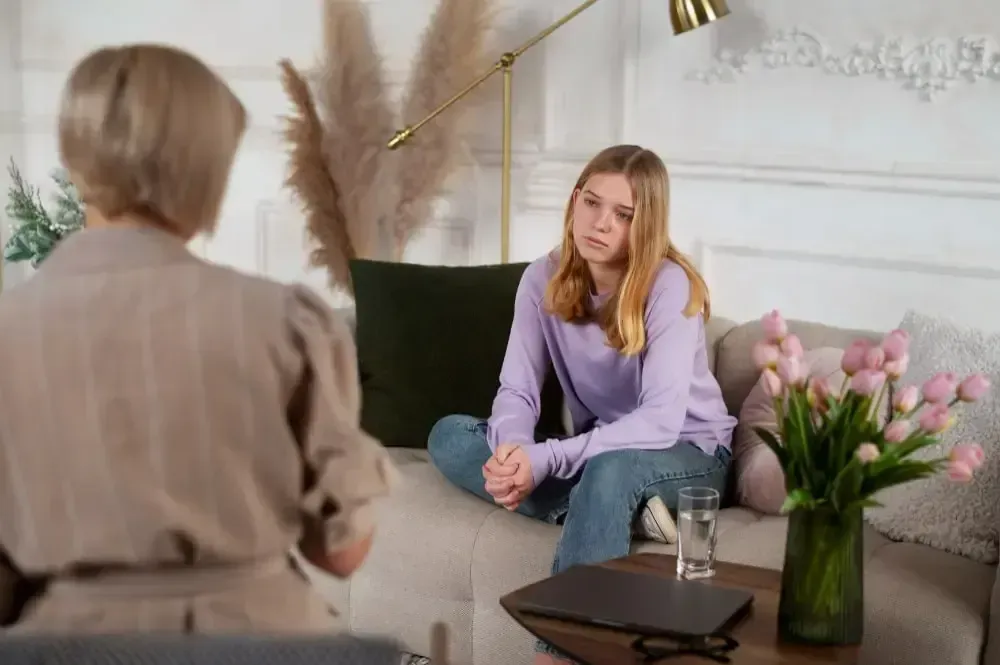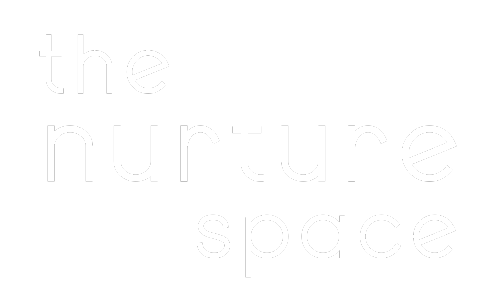Strengthening Your Connection: Relationship and Marriage Counselling for Deeper Communication
Building Emotional Intimacy: The Foundation of a Loving and Connected Relationship
Recognising Negative Communication Cycles with Compassion
When conflict arises, it’s often not just about the surface issue—it’s about the deeper emotions underneath. Many couples find themselves locked in recurring patterns that leave both partners feeling frustrated, unheard, or distant. These cycles can be painful, but they are not a sign that love is lost—rather, they indicate a need for deeper understanding and emotional safety.
Some common negative cycles include:
The Pursuer-Distancer Dance: Understanding Emotional Needs in Relationships – One partner pushes for connection, often feeling anxious or unheard, while the other withdraws to avoid feeling overwhelmed. This dynamic can create a painful loop where the more one partner seeks reassurance, the more the other pulls away, reinforcing each other's fears.
Breaking the Cycle of Blame and Defensiveness in Relationships – When emotions feel too big or painful, we may react by blaming or shutting down. One partner may express frustration as criticism, leading the other to feel attacked and respond defensively. Over time, this can erode trust and make it difficult to have open, honest conversations.
Healing Emotional Walls and Silence in Marriage – Sometimes, when couples struggle to communicate effectively, they stop trying altogether. Conversations become superficial, difficult topics are avoided, and emotional distance grows. While this may seem like a way to keep the peace, it often leads to loneliness and resentment.
These patterns are not a reflection of failure, but rather an opportunity to explore what is really happening beneath the surface. EFT helps couples slow down and recognise these cycles with compassion, making it possible to shift towards more open, vulnerable, and healing conversations.
Instead of seeing your partner as the problem, try viewing the cycle itself as the challenge you’re both working to overcome. With awareness and gentle effort, you can begin responding differently and creating a more secure emotional bond.
Communicating Emotions and Needs Safely in a Loving Relationship
When we feel safe in a relationship, we can express our deeper emotions and needs without fear. Here’s how to start shifting towards that safety:
1. Understanding the Emotions Beneath Communication Struggles
Sometimes, what comes out as frustration or anger is really something softer underneath—loneliness, fear, or a longing to feel loved. Instead of saying, "You never listen!" try, "I feel distant when we don’t have time to connect." This small shift can open the door to understanding rather than defensiveness.
2. Using Gentle "I" Statements for Meaningful Relationship Communication
Blame can trigger a wall between us and our partner. Instead of "You're always distracted!" try, "I miss feeling close to you and would love some time together." Speaking from your own experience rather than making accusations helps foster connection rather than conflict.
3. Deep Listening: A Pathway to Feeling Heard in Relationships
So often, we listen to respond rather than to truly understand. Deep listening means:
- Slowing down and giving your full attention
- Reflecting back what you hear to ensure understanding
- Asking gentle, open-ended questions
For example, instead of reacting quickly, you might say, "I hear that you’ve been feeling overwhelmed. I want to understand more—can you tell me what’s been on your mind?" This creates space for openness and connection.
4. Creating a Safe Emotional Space for Open and Honest Communication
Connection deepens when both partners feel safe to share without fear of criticism or rejection. You can create this safety by:
- Validating each other’s feelings, even when they differ from your own
- Expressing appreciation and warmth
- Giving each other permission to share without interruption
EFT helps couples build this foundation of emotional security, so that communication becomes a bridge to deeper love rather than a barrier.
How Gentle Relationship and Marriage Counselling Can Help You Feel Understood
Sometimes, even with the best intentions, it’s hard to break long-standing patterns alone. Relationship counselling offers a gentle and supportive space to:
- Recognise and shift negative cycles in communication
- Understand and express deeper emotional needs
- Rebuild trust and connection
If you’re struggling to feel heard or understood in your relationship, you’re not alone. Therapy can help you and your partner find new ways to connect, communicate, and truly feel seen by one another.
Couples Therapy for a Stronger, More Connected Relationship
Communication isn’t just about words—it’s about feeling safe enough to be open, vulnerable, and truly seen. By slowing down, recognising old patterns, and making small shifts in how we express ourselves, we can transform the way we connect with our partners.
If you’re ready to explore this journey together, I’d love to support you. Reach out to learn more about how couples therapy can help you nurture a relationship filled with warmth, safety, and deeper connection.




